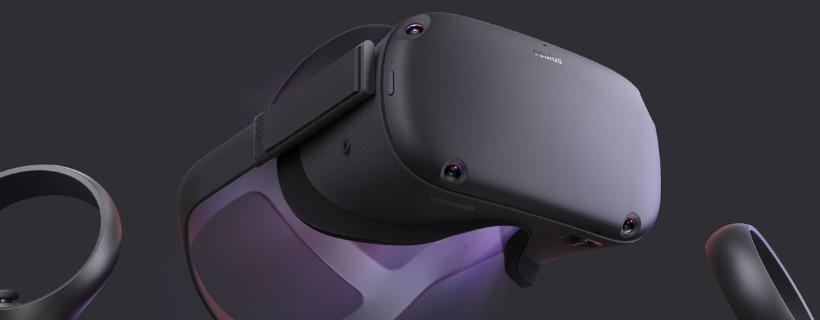At F8 2019, Facebook’s annual developer conference, the company began taking pre-orders for the Oculus Quest. The standalone VR headset will be available on May 21st for $399. Here are the key takeaways:
- The launch of the Quest will continue to expand the reach of VR. As a standalone headset, the Quest makes VR an order of magnitude more accessible by lowering the cost and improving the ease of use.
- Facebook is committed to addressing and expanding the broader market for VR. Priced at $399, Quest is a step in the right direction for VR, as it doesn’t require a high-end PC or a smartphone to provide a quality experience.
- Companies like HTC and Valve are going after VR enthusiasts with high-end gaming PCs. While certain experiences will undoubtedly be better on tethered-headsets, the Quest is the first great standalone headset that will offer an experience similar to tethered headsets for a majority of content.
- While VR has largely fallen short of expectations to-date, we continue to believe in its long-term potential to bring the world’s experiences to consumers.
Lowering the Cost
Compelling VR needs to have 6 degrees of freedom (6DOF) allowing the user to move freely (up, down, right, left, forward, back) within VR. 6DOF is important as it can turn a VR-skeptic into a believer, enabling compelling VR experiences. The Quest will open these experiences to a larger market segment, as existing 6DOF VR experiences typically cost $1,000+ for a VR-ready PC and a headset. Earlier this week, Valve announced the Valve Index, a $1,000 tethered-headset that requires a high-end gaming PC. Despite the price difference, we believe the Quest will offer experiences similar to a tethered-headset for most content.
Oculus’ prior standalone headset, the Oculus Go, was priced at $199 but did not offer 6DOF. Instead, users had limited freedom with a rotating head on a single access point. Since its late 2017 launch, we estimate the company has sold less than 3 million Oculus Go units. We believe that the introduction of untethered 6DOF with the Oculus Quest will improve VR experiences meaningfully enough to drive headset sales, despite being priced higher than the Oculus Go.
Improving Ease of Use
Similar to the Oculus Go, the Quest is an all in one device, that requires little technical set up. The Valve Index, Rift S, and other tethered headsets require a complex setup process including a high-end PC and connected peripherals. In order to reach the mass market, VR needs to be easy to use for everyone. Oculus Quest addresses this significant hurdle standing in the way of VR’s progress.
Disclaimer: We actively write about the themes in which we invest or may invest: virtual reality, augmented reality, artificial intelligence, and robotics. From time to time, we may write about companies that are in our portfolio. As managers of the portfolio, we may earn carried interest, management fees or other compensation from such portfolio. Content on this site including opinions on specific themes in technology, market estimates, and estimates and commentary regarding publicly traded or private companies is not intended for use in making any investment decisions and provided solely for informational purposes. We hold no obligation to update any of our projections and the content on this site should not be relied upon. We express no warranties about any estimates or opinions we make.
